Our partners at amicable share their thoughts on what to do with your pension during a separation.
If you’re going through a divorce or ending a civil partnership, you’ll need to go through the necessary legal steps and decide how to divide your money and property, including pensions.
You can have your agreement documented in something called a ‘consent order’ if you agree.
amicable is a legal service that specialises in working with couples together to help them navigate the legal, financial, and co-parenting aspects of separation. This includes providing negotiation services to help couples agree and drafting services to prepare legal documents, including consent orders.
This is amicable’s straightforward guide to pensions and divorce.
What happens to money and property in a divorce?
There’s no defined formula for dividing money and property during a divorce. Usually, the starting point is a 50/50 split of all assets, but this can change based on factors like differences in income, earning potential, and who the children live with most.
Should pensions be shared during a divorce?
How pensions are treated during a divorce or separation depends on your specific situation. The main goal of a financial settlement is to ensure that both people are taken care of and that the agreement is in the best interest of any children.
Assets such as money, property, and pensions should be divided to meet everyone’s current needs and ensure they have enough in retirement. amicable’s Divorce Specialists help couples to achieve a fair outcome rather than working in one person’s interests.
In short marriages without children, there might be little or no change to pensions. Each case is different and the approach will vary.
Methods for dividing pensions
- Offsetting: If one person has a greater pension, rather than sharing it, offsetting enables them to keep it in exchange for other assets, like a smaller share of the family home.
- Pension Sharing Order: As part of the agreement, and through a consent order, a couple can ask the court to order a pension share. The recipient gets a pension credit, which can be invested in the same or a different pension plan.
- Pension Attachment Order: A court order requires the pension provider to pay part of the pension income or lump sum to the ex-partner when the pension starts being paid. This method is less common because it keeps the ex-partners financially linked.
Listen to this podcast episode from amicable founder, Kate Daly podcast episode for more information on pensions and divorce.
Valuing pensions
The couple must share a cash equivalent value (CEV) for each pension with each other and the court. This is usually free unless you request it multiple times in a year or if you are close to retirement age. Getting a CEV from public sector pension providers might take several months.
Getting help:
Pensions can be complex, so getting specialist advice from a Pensions on Divorce Expert (PODE), along with your legal professional, is worth exploring.
amicable can help you and your ex-partner divorce or separate, agree to a fair financial settlement and make it legally binding through a consent order. amicable’s fees are fixed, transparent and include VAT.
You can book a free 15-minute advice call with an amicable Divorce Specialist through the link. This can be a solo or joint call, and the Specialist will help you understand the process and the options available to you.
